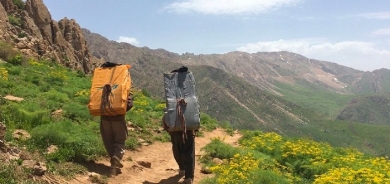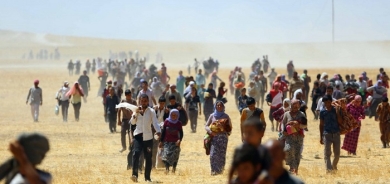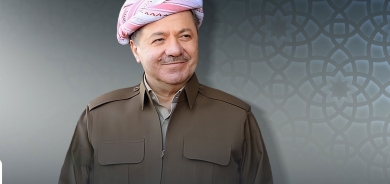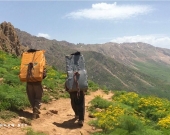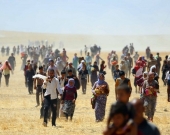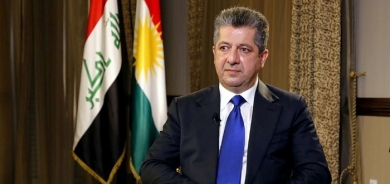Iran: Protest supporters face arrests and working bans
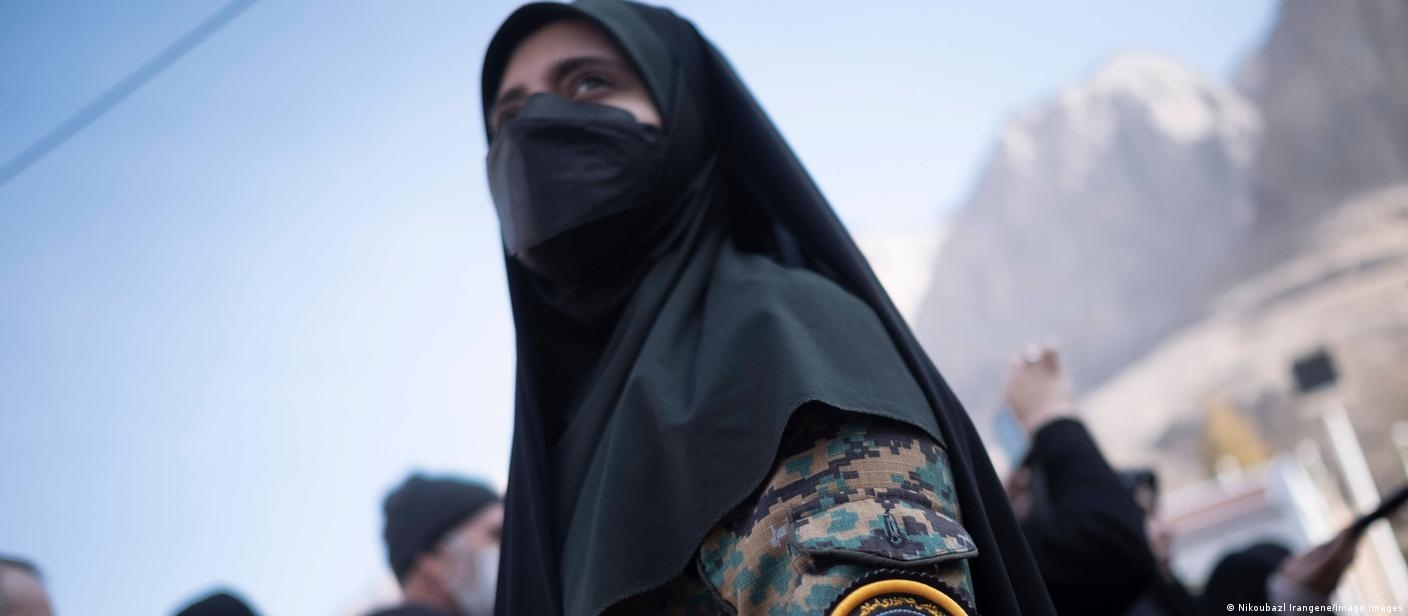
Tehran has been targeting those who support the protesters in Iran by arresting journalists and dismissing lecturers. Even experts who point out violations are being locked away.
"We don't know which of us will be arrested next. We're very worried," Iranian journalists revealed in background talks. They avoid interviews with foreign media, but try to keep the world informed of the situation in Iran through social media.
The journalist Milad Alavi was arrested on January 1. Why? "I don't know either," his brother posted on Twitter. Security officials had searched his apartment on December 13 and confiscated his phone and laptop.
Alavi had been reporting on the victims of the most recent protests and their families. The country-wide protests that erupted after the death of Jina Mahsa Amini in police custody were beaten down brutally — just as other waves of protest had been in the past.
Human rights experts estimate that at least 470 demonstrators have been killed since last September, and over 18,000 arrested. Now the state is dealing with those who have spoken about those affected.
Sentenced despite cooperation with the state
According to the organization Iran Human Rights, at least 62 journalists are currently behind bars. Milad Alavi, who works for Tehran's daily paper Shargh, is now in the same prison as the well-known sociologist Saeed Madani. In late December, his paper had reported that Madani had received multiple visits from high-ranking officials of an unnamed ministry in prison.
"They were asking him for advice on how to end the uprising across the country,” his lawyer Mahmoud Behzadirad later said in an interview with Shargh. Saeed Madavi is said to have suggested ending the violence and taking protesters'rights into consideration.
The 61-year-old was sentenced to nine years in jail, convicted on grounds of contributing to "building and leading anti-establishment groups" and spreading "propaganda against the Islamic Republic of Iran" through his books and articles.
The distribution of Madani's books was prohibited last summer. The professor at the University of Tehran had been arrested in May 2022. Back then, he had warned about inflation and scarce food supplies, stating that "these protests must be taken seriously, because they are directed against the entire political system, and they are recurrent."
Madani has been arrested several times in the past 13 years. In his books, he makes a case for solidarity within civil society, and for the courage to stand up for one's convictions. Several of his university colleagues are being punished for just that. Farshid Norouzi, professor for English literature at the University of Mazandrab, for example, told Instagram on January 2 that his contract had been cancelled and he would not be receiving any wages for the current semester. The reason: He had refused to pass on the names of students who had boycotted lectures to the security authorities.
Much-needed support from abroad
"Of course, a number of lawyers known to fight for human rights were arbitrarily arrested," Saeid Dehghan told DW. The human rights lawyer has been living in Canada in recent months and is trying to build a network of experts who can offer council to those in Iran. There are hardly any independent lawyers left in Iran who can fight for their clients without having to fear prosecution or becoming a political prisoner themselves. "We document the systematic rights violations, as well as the names of the judges handing down unjust sentences. We are in touch with the independent fact-finding mission of the UN Human Rights Council investigating abuses against citizens," Dehghan continued.
One of the goals is to halt the enforcement of executions in Iran. On January 3, the organization Iran Human Rights Activists News Agency HRANA reported that over half the executions were currently being conducted covertly. In 2022, only 35% of all executions had been officially announced. HRANA estimated that at least 565 people were executed in Iran in 2022, including two who were connected to the country-wide protests.
Currently, 26 further prisoners await their execution. They were sentenced to death in show trials meant to intimidate the population and put an end to the protests. At least eleven people have been sentenced to death, and another 15 have been accused of crimes that are punishable by death in the Islamic Republic of Iran. Waging "war against God" is one such crime.
"Espionage for Israel"
The writer and illustrator Mehdi Bahman was sentenced to death by a court in Tehran after giving an interview with Israeli media. Bahman, who has spent much of his life advocating for inter-faith dialogue and peace, had endorsed normalizing ties between Israel and Iran. Since the Islamic Revolution in 1979, Iran's rulers have been hostile towards Israel.
Mehdi Bahman was arrested in October 2022 and charged with espionage. In December, without legal council, he was sentenced to death. Iran's rulers accuse foreign powers of instigating the protests throughout the country.
This article was translated from German.
DW


